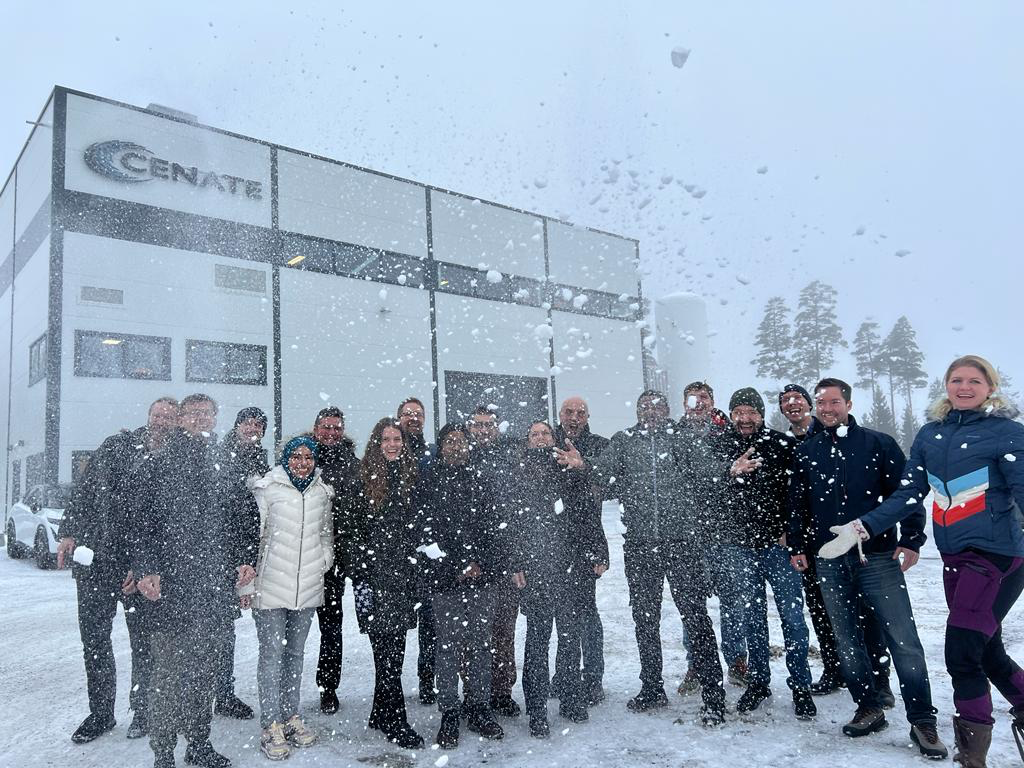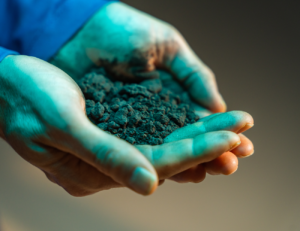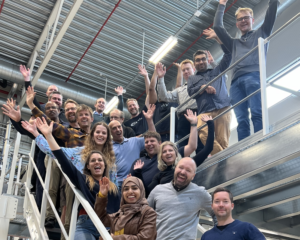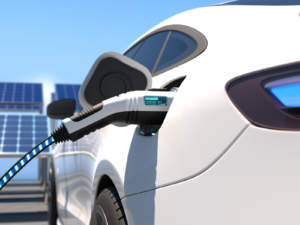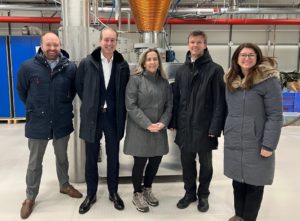In order to secure competitive industries in Europe for the future, lower the risk for Europe to suddenly loose access to critical materials and products, and to reach the goals of the European Green Deal and the Digital Strategy, EU has initiated several Important Projects of Common European Interest (IPCEI). These projects are large-scale European consortia in key strategic value chains featuring tightly connected company projects. There are two such projects established in EU for the development of batteries for electric vehicles, and Cenate has over the last 12 months been evaluated both by European and Norwegian experts and leading battery producers before today’s final grant and the approval as an Associated Partner in the project.
-We are both proud and humbled by this large and important grant from Innovation Norway to our IPCEI project, Giga Nano, where we will further develop and industrialise our silicon-based battery materials so that the lithium batteries of the future can become lighter, smaller and more sustainable. This addition will be a catalyst for further development and growth, and we look forward to realizing our goal of supplying and industrializing the world’s best anode material for electric vehicle batteries, says Erik Sauar, CEO of Cenate.
Reports by the European Battery Alliance have shown that compared to the needs of the European battery industry in the coming years, there is a particular shortage of anode material production in Europe, and about 90% of today’s anode materials are controlled by China, who recently have began to restrict export of these materials. At the same time the demand for longer driving range, lower cost batteries and more sustainable batteries, is high. Cenate’s participation in the European industrial consortium and planned establishment of a 3 GWh pilot production in Norway has hence been warmly welcomed by several of the absolute leading European battery producers, some of whom are now well into testing and qualification of Cenate’s products.
Today’s EV anode materials are mostly based on graphite, a material normally produced with very high CO2 emissions. Cenate’s new materials are based on a new and sustainable production method, and every kg of Cenate material replaces 5-6 kilograms of graphite.
-With our extremely low carbon footprint and a reduction of over 93% in direct CO2 emissions compared to currently used anode materials, Cenate’s innovative products will be a driving force behind sustainable battery production with a low climate footprint, says Sauar further.
